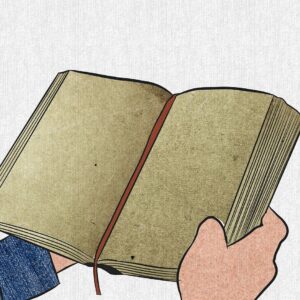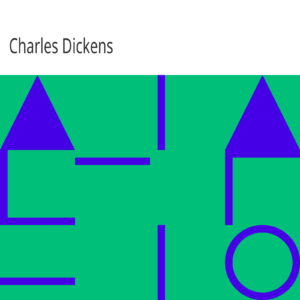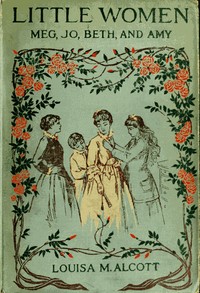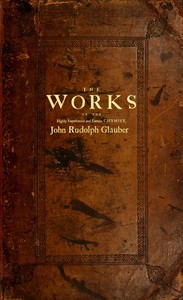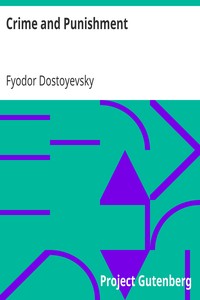
Crime and Punishment
Fyodor Dostoyevsky
CHAPTER I.
You don’t know about me without you have read a book by the name of The
Adventures of Tom Sawyer; but that ain’t no matter. That book was made by Mr.
Mark Twain, and he told the truth, mainly. There was things which he stretched,
but mainly he told the truth. That is nothing. I never seen anybody but lied
one time or another, without it was Aunt Polly, or the widow, or maybe Mary.
Aunt Polly—Tom’s Aunt Polly, she is—and Mary, and the Widow Douglas is all told
about in that book, which is mostly a true book, with some stretchers, as I
said before.
Now the way that the book winds up is this: Tom and me found the money that the
robbers hid in the cave, and it made us rich. We got six thousand dollars
apiece—all gold. It was an awful sight of money when it was piled up. Well,
Judge Thatcher he took it and put it out at interest, and it fetched us a
dollar a day apiece all the year round—more than a body could tell what to do
with. The Widow Douglas she took me for her son, and allowed she would sivilize
me; but it was rough living in the house all the time, considering how dismal
regular and decent the widow was in all her ways; and so when I couldn’t stand
it no longer I lit out. I got into my old rags and my sugar-hogshead again, and
was free and satisfied. But Tom Sawyer he hunted me up and said he was going to
start a band of robbers, and I might join if I would go back to the widow and
be respectable. So I went back.
The widow she cried over me, and cal ...
Total Pages:
565
Book Details & Editions
About the author

Fyodor Dostoyevsky
"Crime and Punishment" by Fyodor Dostoyevsky is a novel written in the mid-19th century. The story delves into the psychological turmoil of its main character, Rodion Raskolnikov, a former student living in extreme poverty in St. Petersburg, as he grapples with morality, guilt, and the nature of crime. Raskolnikov's internal struggles and rationalizations set the stage for a broader exploration of existential questions and the consequences of one's choices. At the start of the novel, readers are introduced to Raskolnikov, who, on a sweltering July evening, leaves his cramped garret, fueled by a mix of fear and dread. He is acutely aware of his troubled finances, particularly his debts to his landlady, which cultivate a sense of isolation and despair. As he wanders through the city's pungent streets, he reflects on his own cowardice and impotence while contemplating a deeply disturbing act he is contemplating. The opening scene captures Raskolnikov's increasingly fraught mental state, portraying him as both an intellectual and a tormented soul. Eventually, he visits an old pawnbroker, Alyona Ivanovna, where an unsettling encounter begins to unfold, hinting at the drastic actions he is considering. (This is an automatically generated summary.)
